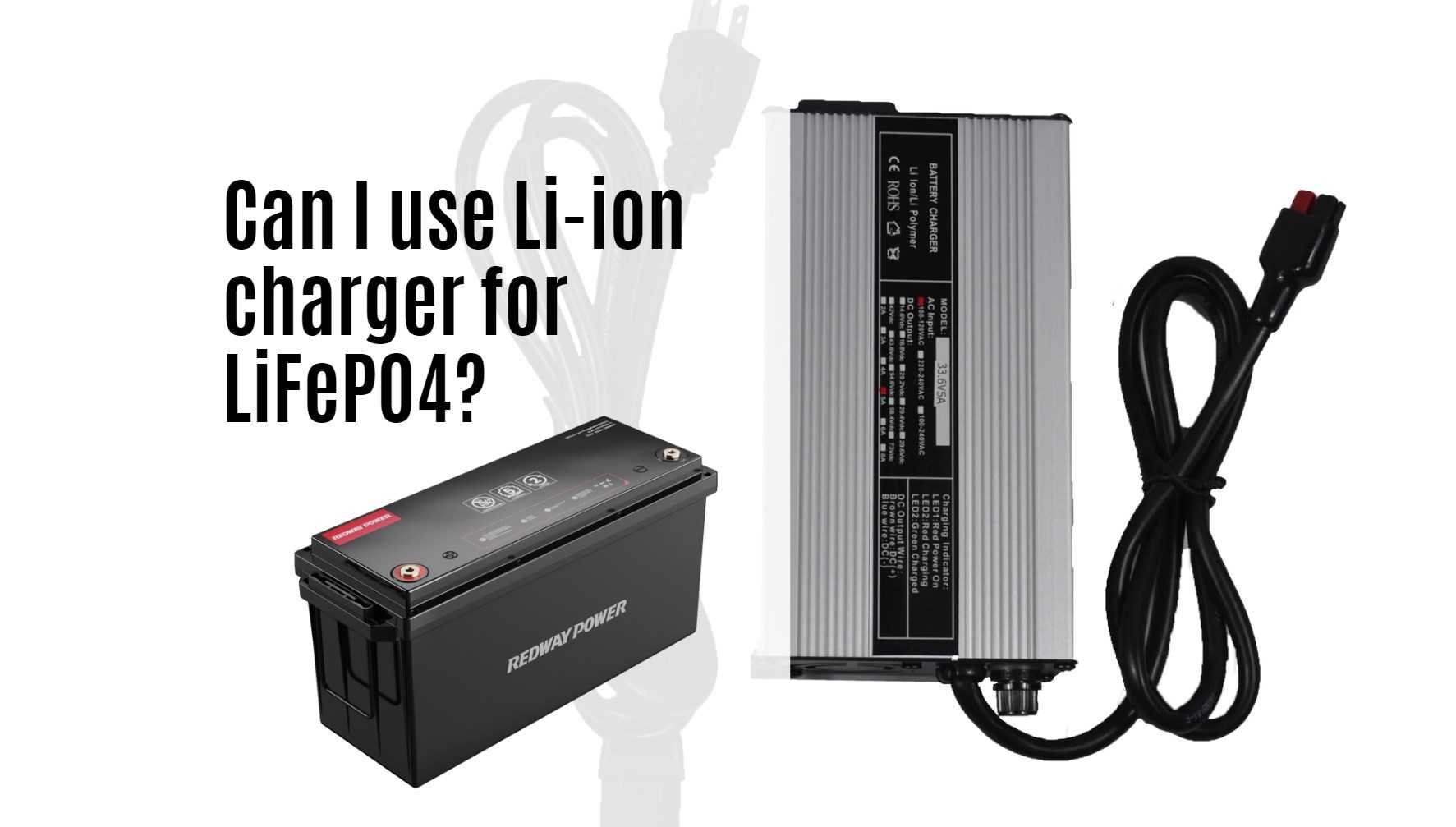Using a Li-ion charger for a LiFePO4 battery is generally not recommended. While both types of batteries are lithium-based, they have different charging requirements. A LiFePO4 battery typically requires a charger specifically designed for its chemistry to ensure safe and efficient charging, as incorrect voltage levels can lead to battery damage or reduced lifespan.
Understanding Battery Chemistry
Lithium-Ion vs. Lithium Iron Phosphate
- Lithium-Ion (Li-ion): This type of battery is widely used in consumer electronics and electric vehicles. It has a nominal voltage of about 3.6V to 3.7V per cell and requires a charging voltage of around 4.2V.
- Lithium Iron Phosphate (LiFePO4): This battery chemistry is known for its stability and safety. It operates at a nominal voltage of 3.2V per cell and typically requires a maximum charging voltage of 3.65V.
Key Differences
| Feature | Lithium-Ion (Li-ion) | Lithium Iron Phosphate (LiFePO4) |
|---|---|---|
| Nominal Voltage | 3.6V – 3.7V | 3.2V |
| Maximum Charging Voltage | 4.2V | 3.65V |
| Cycle Life | 500 – 1000 cycles | 2000 – 5000 cycles |
| Thermal Stability | Moderate | High |
Why You Should Not Use a Li-ion Charger for LiFePO4 Batteries
- Voltage Mismatch: A Li-ion charger typically outputs a higher voltage than what a LiFePO4 battery can safely handle. Charging a LiFePO4 battery with a Li-ion charger can lead to overcharging, which may cause overheating, swelling, or even catastrophic failure.
- Charging Profile: The charging profiles differ between the two chemistries. LiFePO4 batteries require a constant current/constant voltage (CC/CV) charging method that is tailored to their specific needs, whereas Li-ion chargers are optimized for their own chemistry.
- Battery Management Systems (BMS): Many LiFePO4 batteries come with integrated BMS that monitor the state of charge and ensure safe operation during charging and discharging. Using the wrong charger can bypass these safety features, leading to potential hazards.
Best Practices for Charging LiFePO4 Batteries
- Use Compatible Chargers: Always use chargers specifically designed for LiFePO4 batteries to ensure safe and efficient charging.
- Monitor Charging Conditions: Keep an eye on temperature and voltage during the charging process to prevent overheating or overcharging.
- Follow Manufacturer Guidelines: Adhere to the specifications provided by the battery manufacturer regarding charging voltages and currents.
Latest News on Battery Charging Technologies
- Advancements in Smart Chargers: New smart chargers are being developed that automatically adjust their output based on the battery chemistry, ensuring optimal charging without user intervention.
- Increased Adoption of LiFePO4 Batteries: As awareness grows about the safety and longevity benefits of LiFePO4 batteries, more industries are adopting this technology for various applications, including renewable energy storage.
- Sustainability Initiatives: Manufacturers are increasingly focusing on eco-friendly practices in battery production and recycling, aligning with global sustainability goals.
Redway Expert Comment
“As experts in lithium LiFePO4 battery technology, we emphasize the importance of using the correct charger for your specific battery type. Utilizing a charger designed for lithium iron phosphate ensures optimal performance and safety while extending the lifespan of your battery. Always prioritize compatibility to avoid potential risks associated with incorrect charging practices.”
Conclusion
In conclusion, using a Li-ion charger for a LiFePO4 battery is not advisable due to differences in voltage requirements and charging profiles. To ensure safety and maximize performance, always use chargers specifically designed for your battery type. By adhering to these guidelines, you can enjoy the benefits of lithium technology while maintaining the integrity of your power systems.




